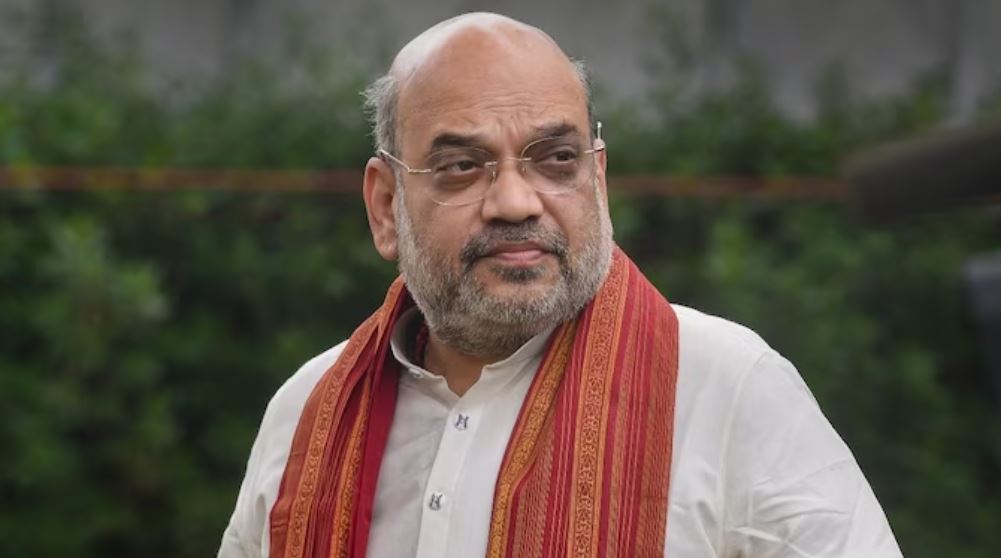The Indian government is set to unveil a groundbreaking amendment to the Disaster Management Act of 2005, with the introduction of the Disaster Management (Amendment) Bill, 2024 in the Lok Sabha. This legislative change aims to significantly enhance the country’s disaster preparedness and response infrastructure.
Key Features of the Disaster Management (Amendment) Bill, 2024
The proposed bill introduces several pivotal changes to the existing disaster management framework. Central to these changes is the establishment of a comprehensive “disaster database” at both national and state levels. This database will systematically catalog disaster assessments, fund allocations, expenditures, preparedness plans, and risk registers. By aggregating such data, the bill seeks to improve the efficiency and effectiveness of disaster management operations.
In addition to the national database, the bill proposes the formation of “Urban Disaster Management Authorities” in state capitals and major cities with municipal corporations. This initiative aims to tailor disaster management strategies to the unique needs of urban areas, enhancing their ability to respond to and recover from catastrophic events.
The bill also shifts the responsibility for disaster planning from the National Executive Committee and State Executive Committees to the National Disaster Management Authority (NDMA) and State Disaster Management Authorities (SDMAs), respectively. This realignment is intended to streamline disaster planning and ensure a more coordinated response to crises.
Strengthening Disaster Management Frameworks
The bill confers expanded powers to the NDMA, allowing it to conduct comprehensive assessments of national disaster risks, including emerging risks associated with extreme climate events and other potential future threats. This proactive approach aims to fortify the country’s resilience against unforeseen disasters.
Moreover, the bill grants statutory recognition to previously informal entities such as the National Crisis Management Committee and the High-Level Committee, further institutionalizing disaster management structures.
Union Home Minister Amit Shah has articulated the necessity of these amendments, emphasizing the need to integrate disaster management into broader development plans. The bill reflects recommendations from the 15th Finance Commission, aimed at enhancing the alignment of disaster management practices with contemporary challenges and insights gained from past disasters.
Enhanced Powers and New Provisions
Among the notable provisions of the bill is the introduction of Section 60A, which authorizes both central and state governments to direct individuals to undertake specific actions or refrain from certain activities to mitigate disaster impacts. Non-compliance with these directives may result in penalties up to ₹10,000. This provision is designed to enforce compliance and ensure that necessary measures are taken to minimize disaster risks.
The bill also redefines the scope of “disaster management” to encompass “disaster risk reduction.” This expanded definition underscores the importance of systematically analyzing and addressing the root causes of disaster risk, including reducing exposure to hazards, lowering vulnerability, and enhancing overall preparedness and resilience.
Implications and Future Prospects
The proposed amendments to the Disaster Management Act signify a major shift towards a more organized and data-driven approach to disaster management. By integrating advanced planning mechanisms and empowering various authorities, the bill aims to create a more robust framework for managing and mitigating disasters.
The focus on urban areas through the establishment of specialized authorities and the introduction of a comprehensive disaster database are expected to greatly enhance the country’s ability to respond to and recover from emergencies. As the bill progresses through the legislative process, it will be crucial to monitor its implementation and assess its impact on disaster management practices across India.
Summary
The Disaster Management (Amendment) Bill, 2024, seeks to transform India’s disaster management landscape through the creation of a national and state-level disaster database and the establishment of Urban Disaster Management Authorities. The bill aims to streamline disaster planning, enhance risk assessment, and enforce compliance with disaster mitigation directives, reflecting a significant overhaul of the existing framework.
Key Learning Points:
| Key Point | Details |
|---|---|
| New Database Creation | Establishes national and state-level disaster databases |
| Urban Disaster Management Authorities | Introduces specialized authorities for major cities |
| Shift in Planning Responsibilities | Transfers planning from Executive Committees to NDMA and SDMAs |
| Enhanced Risk Assessment | NDMA empowered to assess emerging disaster risks |
| Statutory Status for Entities | Grants formal recognition to National Crisis Management Committee and High-Level Committee |
| New Compliance Measures | Introduces penalties for non-compliance with disaster mitigation directives |
| Expanded Definition of Disaster Management | Includes disaster risk reduction as a key component |
Soumya Smruti Sahoo is a seasoned journalist with extensive experience in both international and Indian news writing. With a sharp analytical mind and a dedication to uncovering the truth, Soumya has built a reputation for delivering in-depth, well-researched articles that provide readers with a clear understanding of complex global and domestic issues. Her work reflects a deep commitment to journalistic integrity, making her a trusted source for accurate and insightful news coverage.



